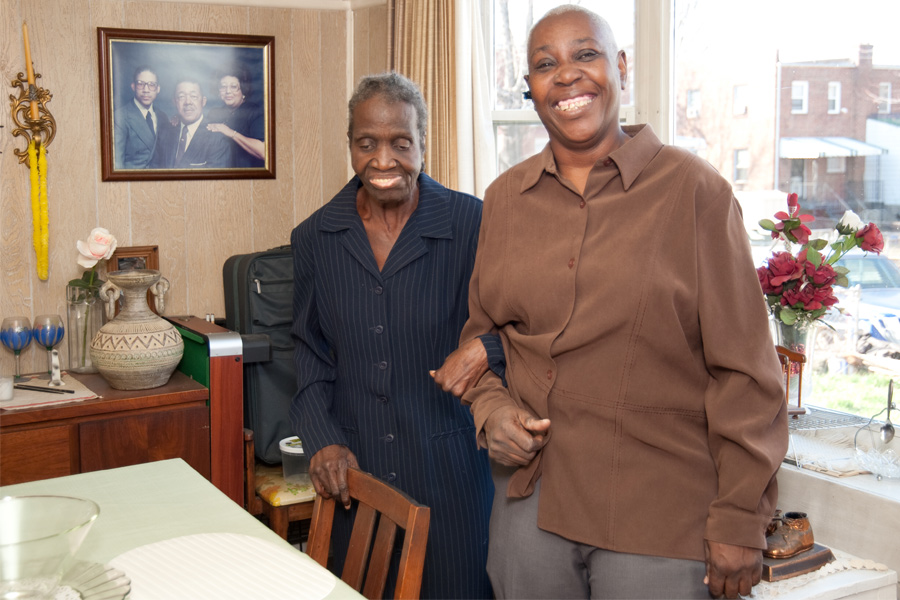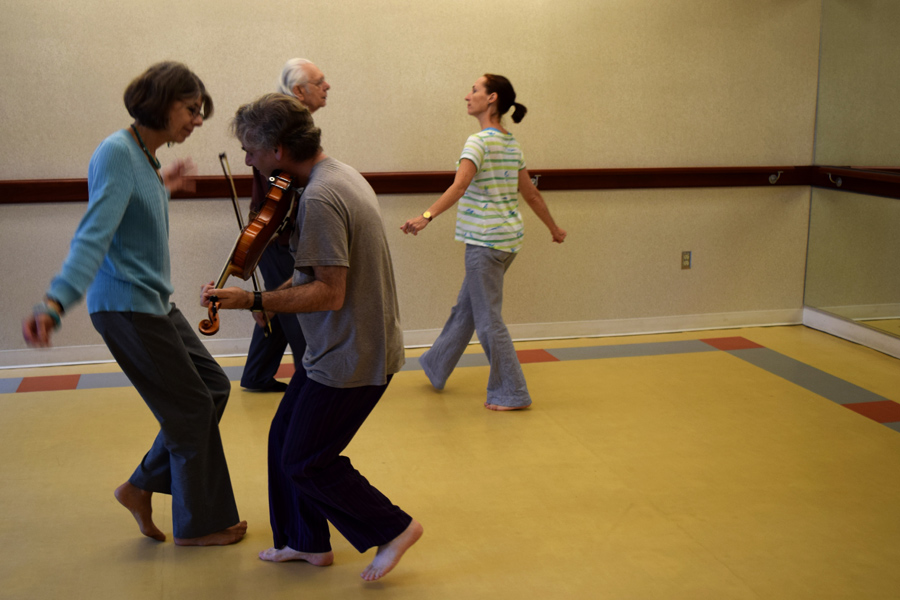Healthcare Advance Directives Explained: Understanding the legal forms


We hear far too often from family caregivers that they wish they had prepared earlier, started the difficult conversations sooner, or discussed their loved one’s wishes before a health crisis.
While difficult, planning ahead and preparing now can ensure you or a loved one receives the care you want in the future. That’s why we encourage everyone to complete a healthcare advance directive.
Healthcare advance directives are legal forms where you can share your future healthcare and end-of-life care wishes with medical professionals and family members or friends. These forms may include living wills and/or powers-of-attorney (more on that below).
While health care advance directives may be completed with or without an attorney’s assistance, if you have concerns that are not addressed in basic templates, you might consider consulting with an attorney to draft something customized. An attorney can also help answer any specific legal terms or issues.
Healthcare advance directives typically include information on:
- Specific medical preferences
- Aging-in-place or legacy preferences
- Your assigned trusted individual for any healthcare decision-making, in the case that you are no longer physically or cognitively able to make such decisions
Additionally, a Power of Attorney, Advance Medical Directive, and Last Will and Testament may also be part of your advance planning. All are very important to obtain while you’re in good health and sound mind.
Power of Attorney (POA)
This document appoints a specific person chosen in advance to handle someone’s financial matters if they are unable to do so. In Washington, DC POA documents do not have to be drawn up by an attorney, as the statue provides a template. However, a financial power of attorney must be notarized.
The POA is empowered to take over a person’s financial affairs – such as making sure bills are paid on time – when the person can no longer handle his or her own business matters. For older adults with no family, the POA is often a trusted friend who agrees in advance to take on this responsibility. With a POA document, a person is able to choose who will help him or her if they become incapacitated. Without a legally valid POA, a petition often is filed in court to name a Guardian to handle the incapacitated person’s affairs. The Guardian almost always is a lawyer and a stranger appointed by a judge.
Advance Medical Directive (sometimes called a Living Will, or healthcare/medical power of attorney)
This document spells out exactly what sort of medical care a person would wish to have if they were not able to speak for her or himself. If someone went into the emergency room unconscious after a fall, for example, the Advance Medical Directive would tell doctors whether or not the person wanted feeding tubes or life support measures. A healthcare power of attorney does not have to be notarized, but it must be witnessed by two adult witnesses, one of whom cannot be related to the person preparing the document.
Last Will & Testament
This document specifies a person’s wishes for what should happen to their property after they die. The District of Columbia does not require a will to be prepared by an attorney; however, in some instances using an attorney is strongly advised.
You can find advance directive forms available online:
- Free (state-specific) forms are available from the National Hospice and Palliative Care Organization here.
- Low-cost forms (valid in multiple states) are available in various languages from Aging with Dignity here.
A Geriatric Care Manager or Aging Life Care Expert can also help with planning ahead.
Share your experiences with starting a conversation or planning for your healthcare in the comments!
Related Articles

The Stories of Dementia in the District

A Couple’s Vows Create Opportunities to Age Well

Can You Imagine Taking Three Buses to Get to Iona?

